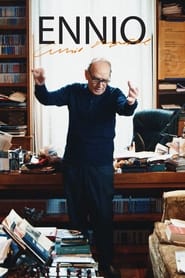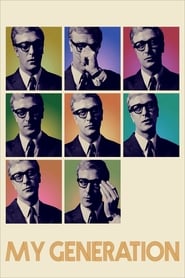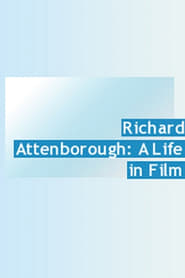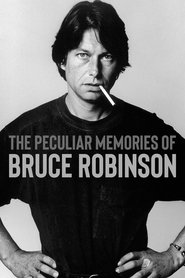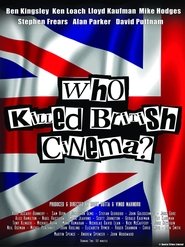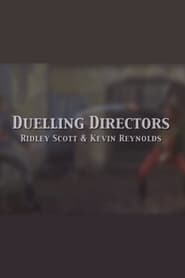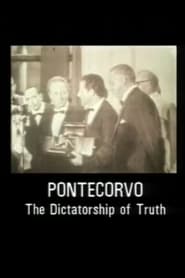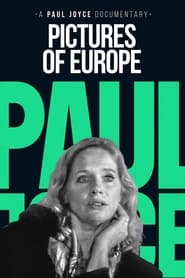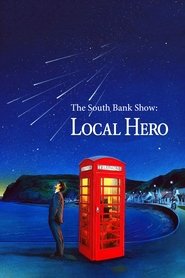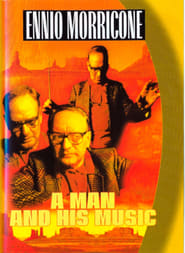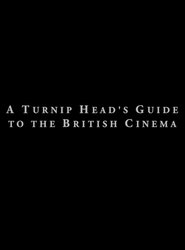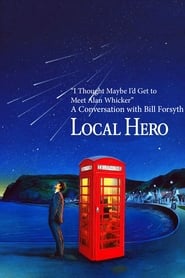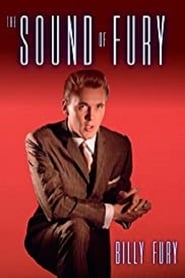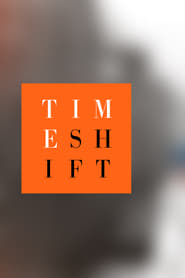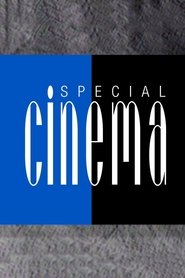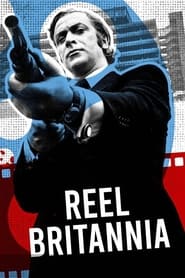David Puttnam
David Terence Puttnam, Baron Puttnam, CBE, HonFRSA, HonFRPS, MRIA (born 25 February 1941) is a British-Irish film producer, educator, environmentalist and former member of the House of Lords. His productions include Chariots of Fire, which won the Academy Award for Best Picture, The Mission, The Killing Fields, Local Hero, Midnight Express and Memphis Belle. In 1982, he received the BAFTA for Outstanding British Contribution to Cinema, and in 2006 he was awarded the BAFTA Fellowship for lifetime achievement from the British Academy of Film and Television Arts. Puttnam sat on the Labour benches in the House of Lords, although he was not principally a politician. In 2019 he was appointed chair to the select committee on democracy and digital technologies. The committee published its findings in its Digital Technology & the Resurrection of Trust report in June 2020. Puttnam was born in Southgate, London, England, the son of Marie Beatrix, a housewife of Jewish origin, and Leonard Arthur Puttnam, a photographer. Educated at Minchenden Grammar School in London, Puttnam had an early career in advertising, including five formative years at Collett Dickenson Pearce, and as agent acting for the photographers David Bailey and Brian Duffy. Puttnam turned to film production in the late 1960s, working with Sanford Lieberson's production company Goodtimes Enterprises. The first feature he produced was Melody (1971), based on a script by Alan Parker and which was a minor hit. Puttnam and Lieberson produced the documentaries Peacemaking 1919 (1971), Glastonbury Fayre (1972), and Bringing It All Back Home (1972). Their second film, The Pied Piper (1972), directed by Jacques Demy was not a success, but That'll Be the Day (1973) with David Essex proved a hit. Puttnam and Lieberson went on to produce The Final Programme (1973), a science fiction film, and made some more documentaries, these being Double Headed Eagle: Hitler's Rise to Power 1918–1933 (1973) and Swastika (1974). Puttnam and Lieberson executive-produced the Ken Russell biopic Mahler (1974), and did a sequel to That'll Be The Day, entitled Stardust (1974) and directed by Michael Apted. There were more documentaries: Radio Wonderful (1974), Brother, Can You Spare a Dime? (1975), James Dean: The First American Teenager (1975) and The Memory of Justice (1976). A second film with Russell, Lisztomania (1975), was a box office disaster and led to the end of the Puttnam-Lieberson partnership. Puttnam had a box office success with Bugsy Malone (1976), a musical he executive-produced, written and directed by Alan Parker, and produced by Alan Marshall. It was the last film Puttnam would make under the 'Goodtimes' banner. He went on to set up a new company, Enigma Films. Puttnam produced The Duellists (1977), the directorial debut of Ridley Scott; and with Marshall once more, he produced Midnight Express (1978), directed by Parker from a script by Oliver Stone, and which was a notable box office success. Puttnam made his first film in America, Foxes (1980), itself the directorial debut of Adrian Lyne. It was a box office flop. ... Source: Article "David Puttnam" from Wikipedia in English, licensed under CC-BY-SA 3.0.
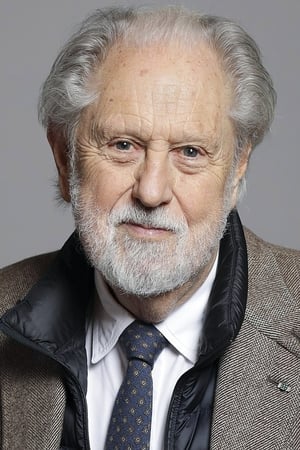
Ennio
as SelfA portrait of Ennio Morricone, the most popular and prolific film composer of the 20th century,...
Movie pageTwiggy
as uncreditedTwiggy takes a comprehensive look at the life story of UK model and cultural icon Twiggy, real...
Movie pageMy Generation
as Self (voice)The vivid and inspiring story of British film icon Michael Caine's personal journey through...
Movie pageRichard Attenborough: A Life in Film
as SelfThe life story of the film director, movie star and industry figure who furthered the cause of...
Movie pageThe Peculiar Memories of Bruce Robinson
as SelfA journey through the career of the British writer/director best known for his film "Withnail &...
Movie pageThe Genius of George Boole
as SelfNarrated by Oscar-winning actor Jeremy Irons, The Genius of George Boole assembles academics and...
Movie pageWho Killed British Cinema?
as SelfA feature length documentary about the real state of the British film industry in relation to UK...
Movie pageDuelling Directors: Ridley Scott & Kevin Reynolds
as Self (archive footage)Directors Ridley Scott and Kevin Reynolds talk about the film The Duellists. Reynolds interviews...
Movie pagePontecorvo: The Dictatorship of Truth
as SelfPresented by the late literary critic Edward Said, this thirty-seven minute 1992 documentary...
Movie pagePictures of Europe
as SelfWhat makes European cinema so special? Find out in Paul Joyce’s feature-length documentary,...
Movie pageThe South Bank Show: 'Local Hero'
as SelfA documentary about the making of Bill Forsyth's 1983 film "Local Hero."
Movie pageEnnio Morricone
as SelfFrom his quirky compositions for the spaghetti Westerns of Sergio Leone to his sublime musical...
Movie pageA Turnip Head’s Guide To The British Cinema
as SelfDocumentary presenting Alan Parker’s view of British cinema with comments from Richard Lester...
Movie pageFame, Fashion and Photography: The Real Blow Up
as SelfTells the story of the photographers who cemented the image of swinging London and who, through...
Movie page"I Thought Maybe I'd Get to Meet Alan Whicker": A Conversation with Bill Forsyth
as SelfAn interview for Scottish television of film director Bill Forsyth
Movie pageDavid Puttnam: The Long Way Home
as SelfAn intimate portrait of Oscar winning producer David Puttnam as he reflects on events which...
Movie pageBilly Fury: The Sound of Fury
as SelfBilly Fury became an overnight sensation in the 1950`s and The Sound of Fury album, a landmark...
Movie pageTimeshift
as selfDocumentary series which ranges widely over Britain's social and cultural history, its...
TV Show pageGoing Live!
as SelfGoing Live! was a Saturday morning magazine show, broadcast on BBC1 between 1987 and 1993. It...
TV Show pageReel Britannia
as SelfComedian Nick Helm narrates this bold new documentary series exploring the dramatic history of...
TV Show pageElstree: Britain's Hollywood
as Self - PresenterTwo-part documentary celebrating the 75th anniversary of what was once the biggest film...
TV Show page